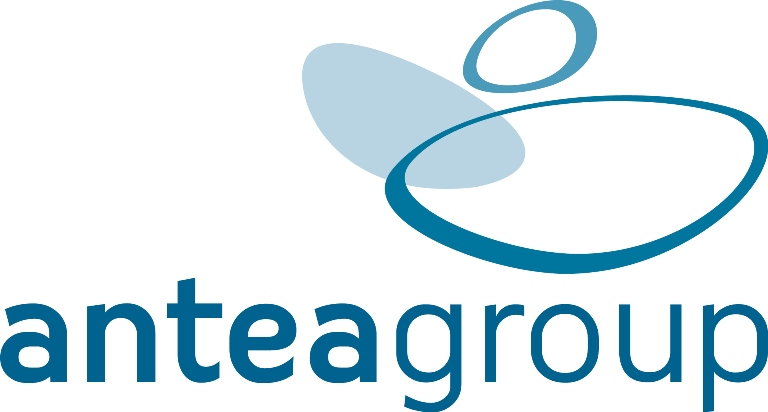Operators Act Now: Submit Your CalGEM Inventory by July 1

Oil and gas operators in California have a critical compliance deadline approaching. Under Public Resources Code (PRC) section 3285 and California Code of Regulations (CCR), title 14, sections 1765.6 through 1765.9, all operators must submit an annual sensitive receptor inventory and map by July 1, 2025, and every year thereafter.
This blog breaks down exactly what operators need to do to meet these regulatory requirements and avoid enforcement action.
What Is Required?
All California oil and gas operators must:
- Identify and report all wellheads, proposed wellheads, and production facilities operated in a field.
- Submit a sensitive receptor inventory, map, and in some cases, a statement based on the proximity of these assets to Health Protection Zones (HPZs).
Step-by-Step Compliance Checklist
1. Determine Whether Your Facilities Are Inside or Outside an HPZ
A Health Protection Zone is defined as the area within 3,200 feet of a sensitive receptor. First, categorize each wellhead and production facility as either:
- Inside an HPZ – within 3,200 feet of at least one sensitive receptor.
- Outside an HPZ – beyond 3,200 feet from any sensitive receptor.
2. For Facilities Inside an HPZ: Submit a Sensitive Receptor Inventory and Map
- One sensitive receptor per site is sufficient. You do not need to list every receptor—just a single, non-unique sensitive receptor that places the site inside an HPZ.
- Use CalGEM’s templates to complete and submit:
- Inventory file (.xls, .xlsx, or .csv)
- Map showing the wellhead/facility in relation to the sensitive receptor.
- You may use Piping and Instrumentation Diagrams (P&IDs) or facility plot plans, provided they:
- Show each wellhead/facility.
- Show the location of at least one sensitive receptor.
- Mark all pipelines clearly.
- When aggregating facilities using P&IDs, one receptor per group is still acceptable.
3. For Facilities Outside an HPZ: Submit a Statement
Operators must provide a statement for each wellhead or facility outside an HPZ, which must:
- List all features within 3,200 feet of the site.
- Explain why each feature is not a sensitive receptor as defined in CCR section 1765.1(c).
- Include detailed information to help CalGEM locate each feature and evaluate the determination (e.g., unofficial parks, open areas, residential zones).
- Avoid vague conclusions like “not sensitive”—explanations must be clear and fact-based.
- Statements may be submitted in Excel or combined with P&IDs and maps.
4. Submit All Documents via WellSTAR by July 1, 2025
Documents must be uploaded using the “Organization Questionnaire” in WellSTAR. Follow these steps:
- Start a new Organization Questionnaire Form.
- Complete steps 1–3.
- Upload each document under the appropriate document type:
- Annual Sensitive Receptor Inventory
- Annual Sensitive Receptor Map
- Annual Sensitive Receptor Statement
- Finalize submission by completing steps 5–6.
For document format details and templates, visit CalGEM’s Annual Inventory Workbook Template and Maps and Statement Examples on their website.
Tools and Templates Available
To support compliance, CalGEM offers:
- Excel and CSV templates for inventories.
- Mapping examples.
- P&ID and plot plan guidance.
- Example statements and formatting options.
Operators are strongly encouraged to use these tools to streamline their submissions.
Enforcement Risks for Noncompliance
Failure to meet the July 1 deadline or to provide accurate and complete information may result in:
- Administrative penalties
- Civil fines
- Criminal enforcement
This includes non-submission, late submission, or inadequate documentation.
For questions or assistance with uploading into WellSTAR, contact: WellSTAR@conservation.ca.gov
Final Thoughts
Staying compliant with PRC section 3285 and CalGEM’s regulations is essential for maintaining your license to operate and avoiding regulatory penalties. By preparing and submitting accurate inventories, maps, and statements, operators can ensure they meet legal obligations while demonstrating environmental stewardship.
Don’t wait—start your 2025 HPZ inventory now to meet the July 1 deadline.

